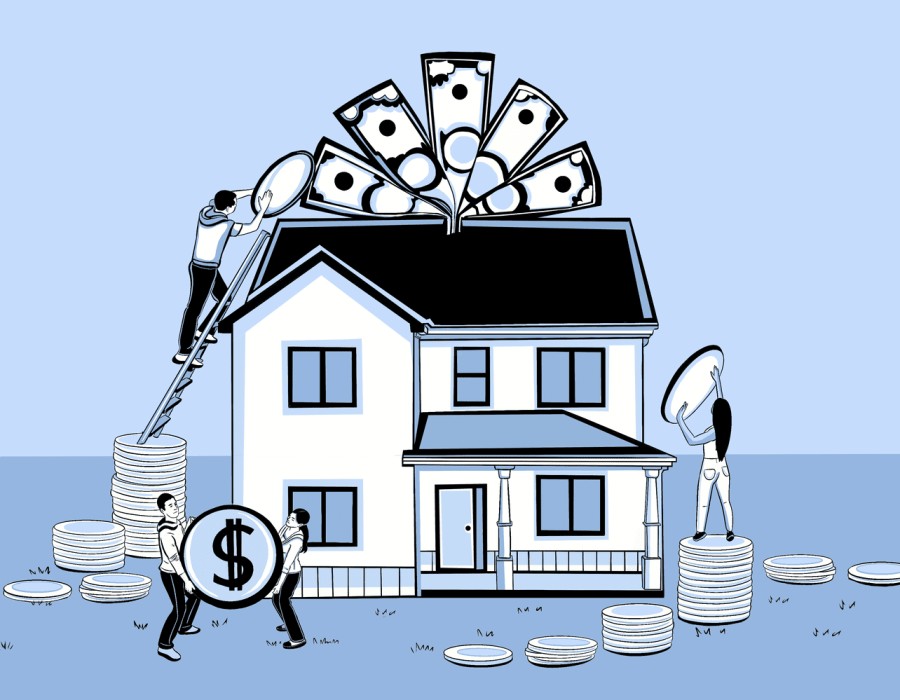Introduction
Technopolis was a Finland Real Estate Market company that developed and managed smart business parks, providing flexible and efficient office spaces and related services. Founded in Oulu in 1982, Technopolis aimed to create vibrant communities for businesses to thrive. Their concept revolved around offering all-inclusive office solutions, including workspace design, reception, meeting facilities, restaurants, and cleaning services, all under one contract. They operated across 14 campuses in four countries within Europe, including several key locations in Finland such as Espoo, Helsinki, Oulu, Tampere, and Vantaa.
Technopolis strategy focused on:
- Customer Satisfaction: Obsessive dedication to providing a world-class customer experience.
- Holistic Working Environments: Believing in offering more than just office space by combining all-inclusive services and a shared service platform.
- Community Building: Fostering lively and innovative communities within their campuses by hosting a network of diverse companies.
- Flexibility and Adaptability: Providing workspaces that could adapt to the changing needs of businesses.
- Strategic Locations: Establishing campuses in strategically important business hubs with good connectivity.
However, it's important to note that Technopolis Plc. was delisted from the Helsinki Stock Exchange in 2019 following a public tender offer by Kildare Partners. As of my last update, Technopolis operates as a privately held company under Kildare Partners. Therefore, its current strategies and developments are not publicly disclosed in the same way they were when it was a listed company.
Emerging Innovations and Developments in the Finland Real Estate Market
Despite Technopolis delisting, the Finnish real estate market continues to evolve, adapting to several emerging innovations and developments:
1. Sustainability and Green Building Initiatives:
- A strong emphasis on sustainable building materials and energy-efficient construction is growing, driven by Finland's goal to become carbon neutral by 2035 and the implementation of the new Building Act in 2025, which enforces circular economy requirements and limits the carbon footprint of construction projects.
- Green mortgages, offering financial benefits for investing in energy-efficient homes, are further incentivizing sustainable choices.
- International investors are increasingly attracted to properties aligning with global sustainability goals like the Paris Agreement.
2. Smart City Technologies and Digitalization:
- Smart home features, including automation and energy-efficient systems, are becoming more desirable and enhance property value.
- Online platforms are transforming real estate transactions with virtual tours and streamlined processes.
- Data analytics provides valuable insights into market trends and property values.
- The Smart Readiness Indicator (SRI), an EU framework, is being considered to evaluate buildings' readiness for smart technologies, aiming to make energy usage more flexible and demand-based.
3. Adapting to Changing Demographics and Urbanization:
- Continued urbanization and population growth in major cities drive demand for rental housing and diverse property types.
- The increasing number of international students due to government initiatives is boosting the need for housing near university campuses.
4. Focus on Infrastructure and Data Centers:
- Finland's appeal for data center investments is growing rapidly, driven by the global development of artificial intelligence. Major players like Microsoft and Google have announced significant investments.
- The availability of renewable energy sources, a secure investment environment, and a robust data network infrastructure make Finland attractive for large-scale infrastructure projects.
- The government is actively facilitating data center project planning and permitting processes.
5. Economic and Regulatory Landscape:
- The market is adapting to the new interest rate environment, with expectations of stabilization and potential recovery in transaction volumes.
- Foreign investment remains positive, highlighting Finland's stability.
- Regulatory changes, such as amendments to the Finnish Competition Act and the abolition of tax exemptions for foreign investors' capital gains, are shaping the investment landscape.
- New regulations are tightening the real estate acquisition permit process, especially for non-EU/EEA buyers, to protect national security interests.
Conclusion
While Technopolis as a publicly listed entity no longer directly shapes these market innovations, the trends towards sustainability, smart technologies, and flexible workspaces – areas Technopolis previously focused on – continue to be significant drivers in the Finnish real estate market. New developments and companies are emerging to cater to these evolving demands. The market in 2025 is expected to see a recovery in transaction activity as interest rates stabilize, alongside continued growth in specific sectors like data centers and a strong emphasis on sustainable and technologically advanced properties.





Comments